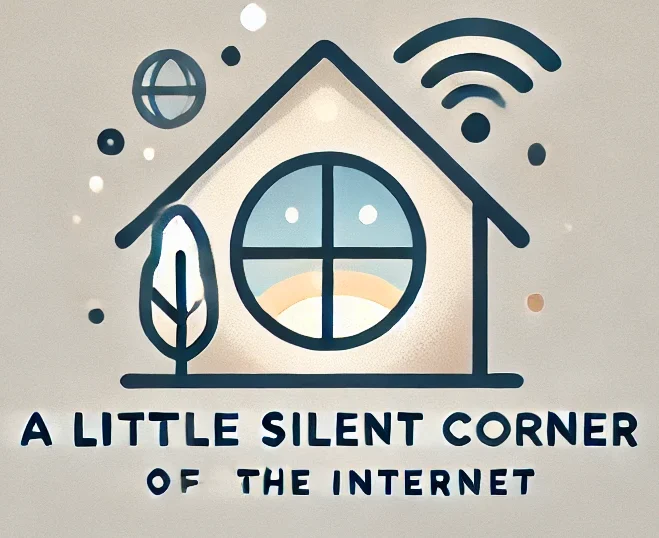These were reportedly the first telegraphed words by the inventor Samuel Morse, when he inaugurated the telegraph line between the U.S Capitol and Baltimore, Maryland. In that age, when men were just waking up from the slumber of the dark ages, it was no mean feat that messages could be sent and received at the speed of light over such massive distances.

Did Morse perceive the far-reaching impact of the germ of his invention? Did he know that he had laid the foundation for the coming electronic age, and the new frontier of communication that would forever change every aspect of the life of man to the close of time? Did he know that new sciences would spring up from the seeds of his inventions?
Like many a disinterested inventor, his sights were fixated on solving a local problem — communication over long distances. There were no commercial interests yet to obscure his vision and no flattering prospects of support and success to cause him to think of himself greater than he ought to have.
A century after his inventions, wars were fought and won undergirded by his technologies. Whole industries, sciences, sprung to life from the mould of his ideas. Further ahead, every aspect of modern life has been touched by the work of Morse — banking, mobile telephony, satellite communications, the internet, military intelligence etc. We run to and fro on Morse’s track of ideas.
In this internet age when everyone can have their own little corner of the internet, it behoves us to reflect on those timeless words, “What hath God wrought!”. By these words, we acknowledge that no ideas we express are ever truly original, rather, we rekindle them from the embers of a past age. And as we trace back these ideas to their fountainhead, we shall certainly find true what Solomon wrought in the Ecclesiastes:
Ecc 12:11 The words of the wise are as goads, and as nails fastened by the masters of assemblies, which are given from one shepherd.
Truly, therefore, what hath God wrought!


Concise and calmly trenchant
Thank you brother.